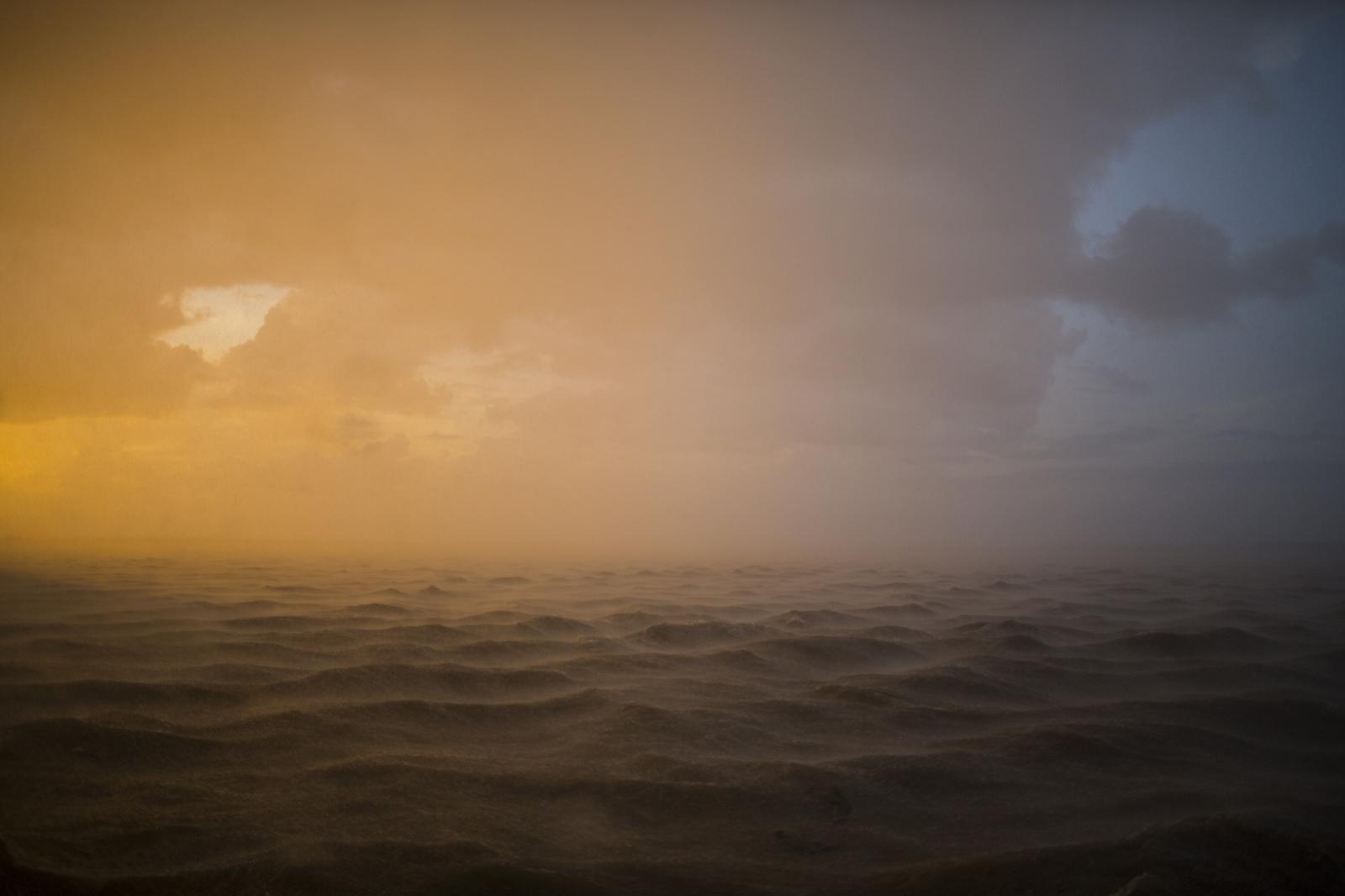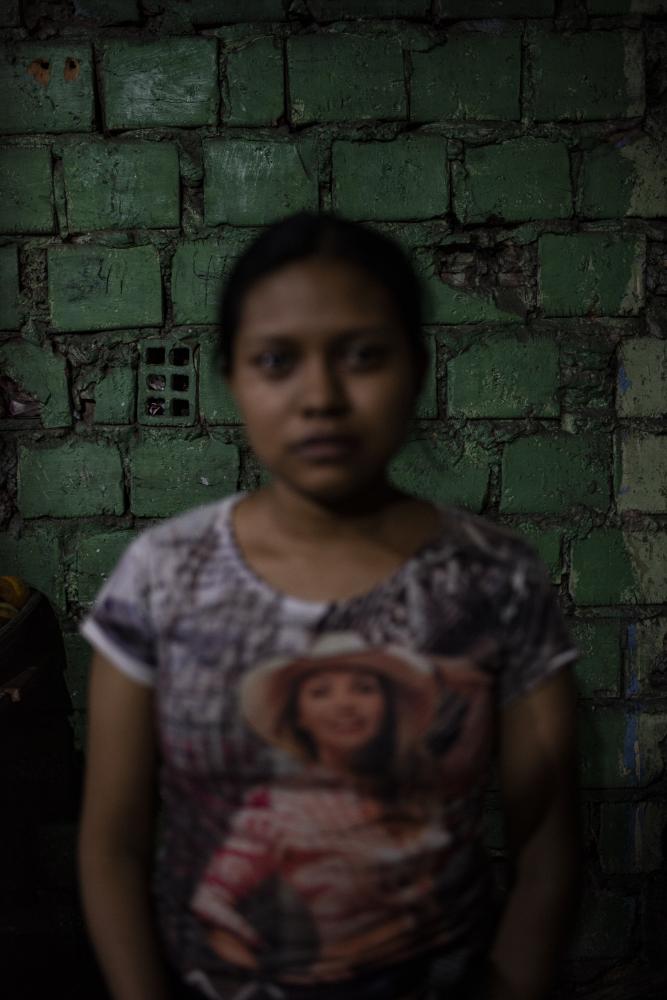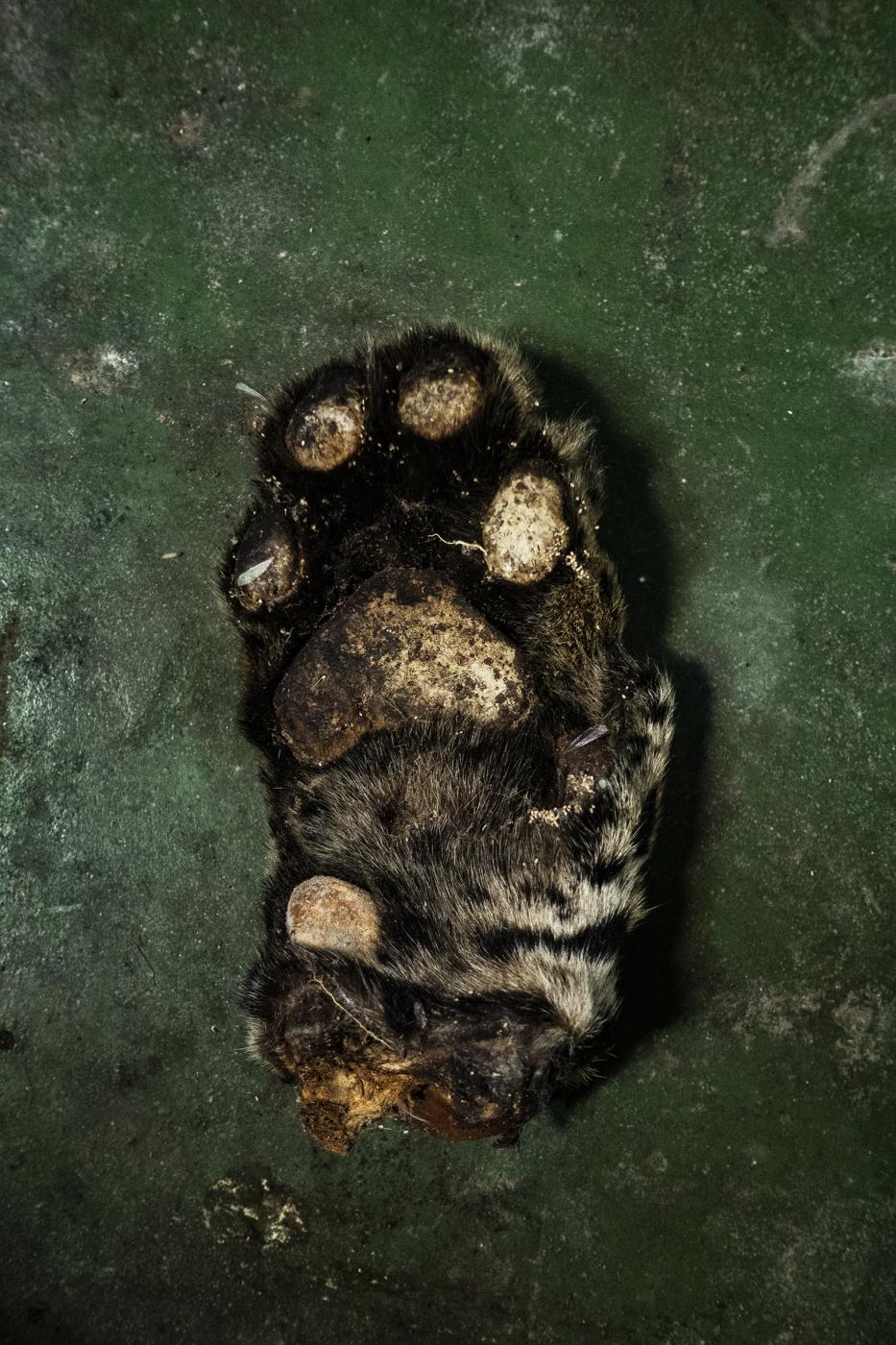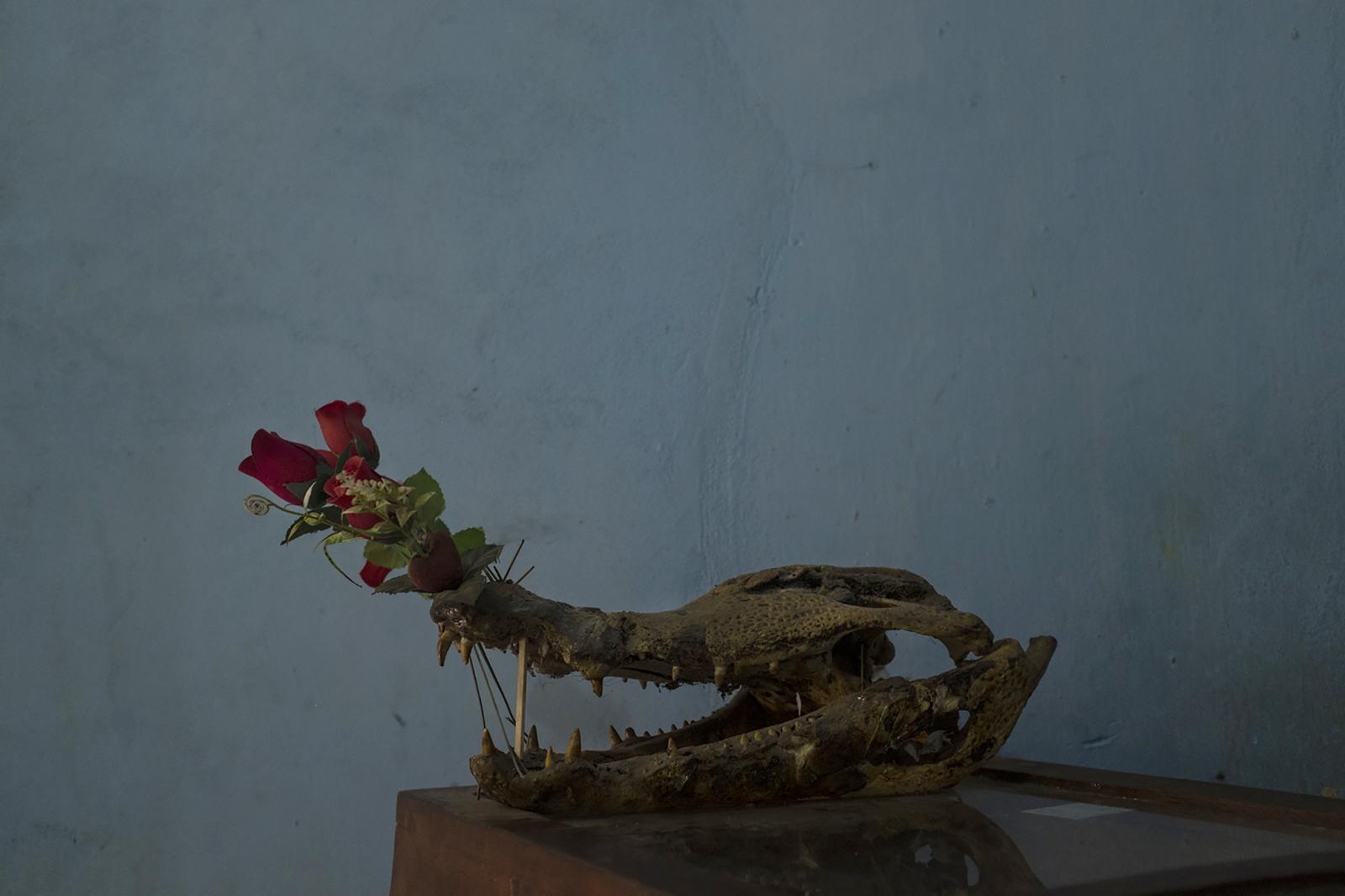LOS RUDIMENTOS DEL PARAISO
(2015-2021)
(English below)
En la Amazonía existen múltiples identidades culturales, estas diversas “Amazonías” comparten como eje integrador al río Amazonas, que dan lugar a cosmovisiones y particulares relaciones con el entorno.
Cuando se produjo la colonización, debido a que los indígenas eran esclavizados, muchos de ellos huyeron al interior de la selva y en las orillas de los ríos y lagos se crearon los nuevos asentamientos, Así las ciudades de la Amazonía fueron creciendo muy rápidamente, y la gran mayoría de sus habitantes se han ido asentando en las periferias de las urbes que crecen hacia el interior de la selva. Entre el 70 y el 80% de la población de la Panamazonía reside en estas áreas urbanas y la mayor movilización ha sido protagonizada por los indígenas de la selva
La sobreexplotación de la cuenca amazónica ha perjudicado a la riqueza ecológica de su selva, de sus aguas y ha forzado un desarrollo urbano no “integral” ni “inclusivo” de la región, lo cual ha contribuido a un emprobrecimiento no solo económico, sino también social y cultural.
Perú, Colombia, Brasil.
THE RUDIMENTS OF PARADISE
(2015-2021)
In the Amazon there are multiple cultural identities, these diverse "Amazonías" share as an integrating axis the Amazon River, which give rise to worldviews and particular relationships with the environment.
When colonization took place, due to the fact that the indigenous people were enslaved, many of them fled to the interior of the jungle and new settlements were created on the banks of the rivers and lakes. Thus, the cities of the Amazon grew very rapidly, and the great majority of their inhabitants have been settling in the peripheries of the cities that grow towards the interior of the jungle. Between 70 and 80% of the population of the Panamazonia resides in these urban areas and the greatest mobilization has been carried out by the indigenous people of the jungle.
The overexploitation of the Amazon basin has damaged the ecological richness of its rainforest, its waters and has forced a non "integral" and "inclusive" urban development of the region, which has contributed to an impoverishment not only economic, but also social and cultural.
Perú, Colombia, Brasil.






























